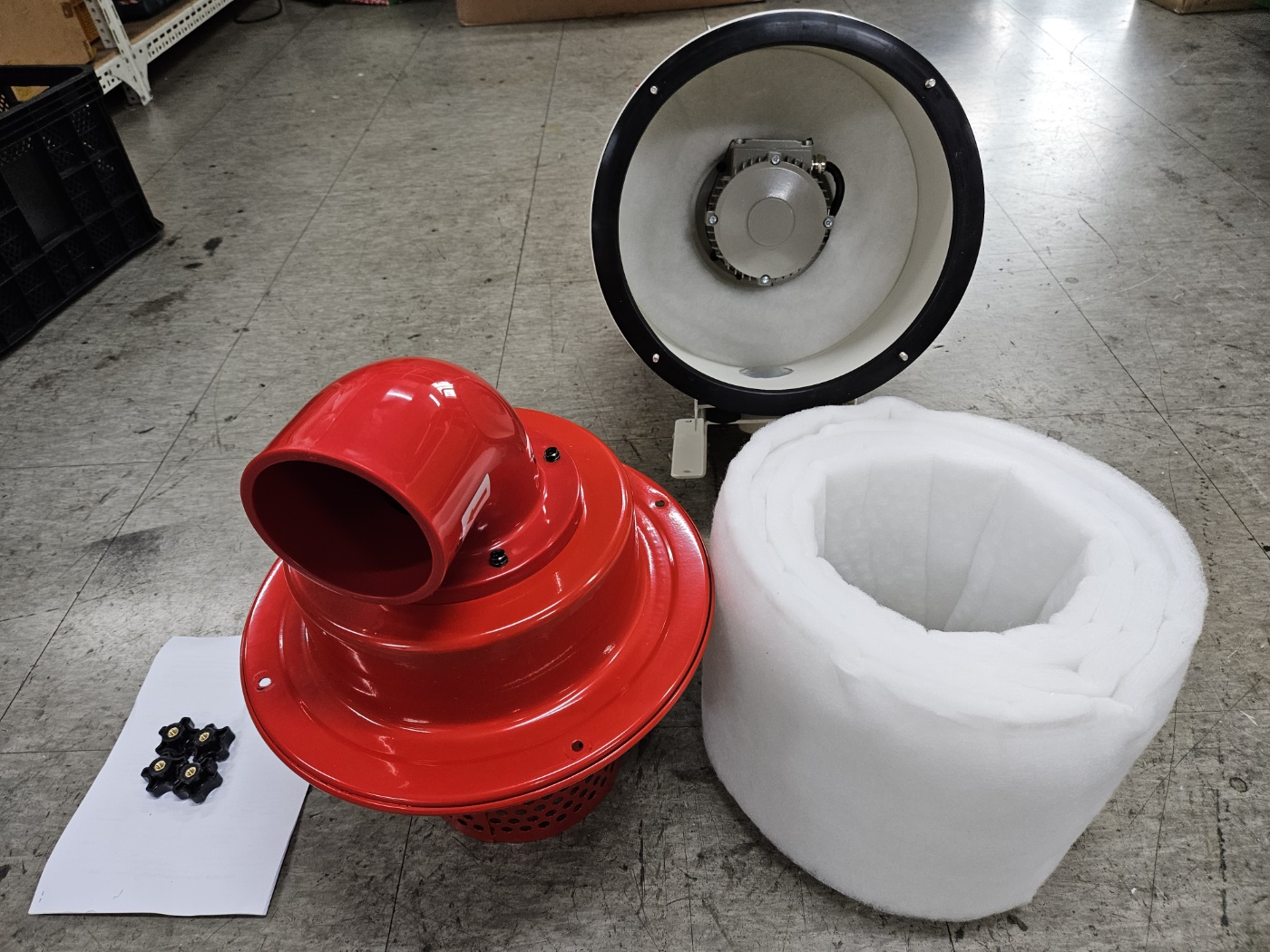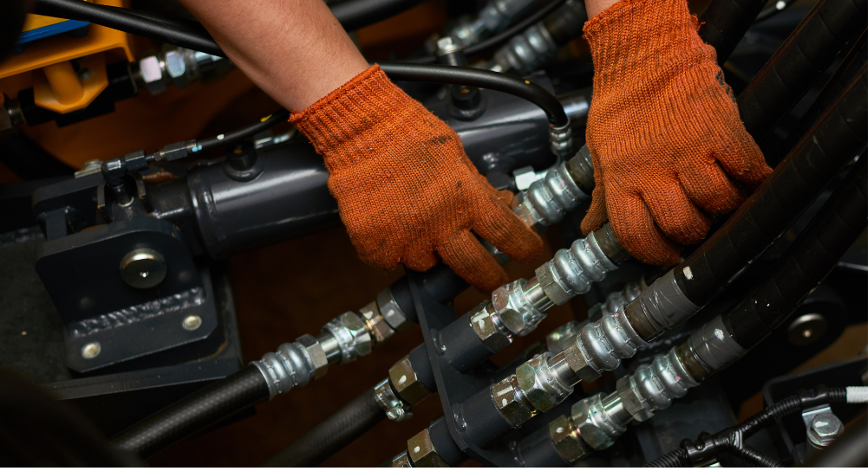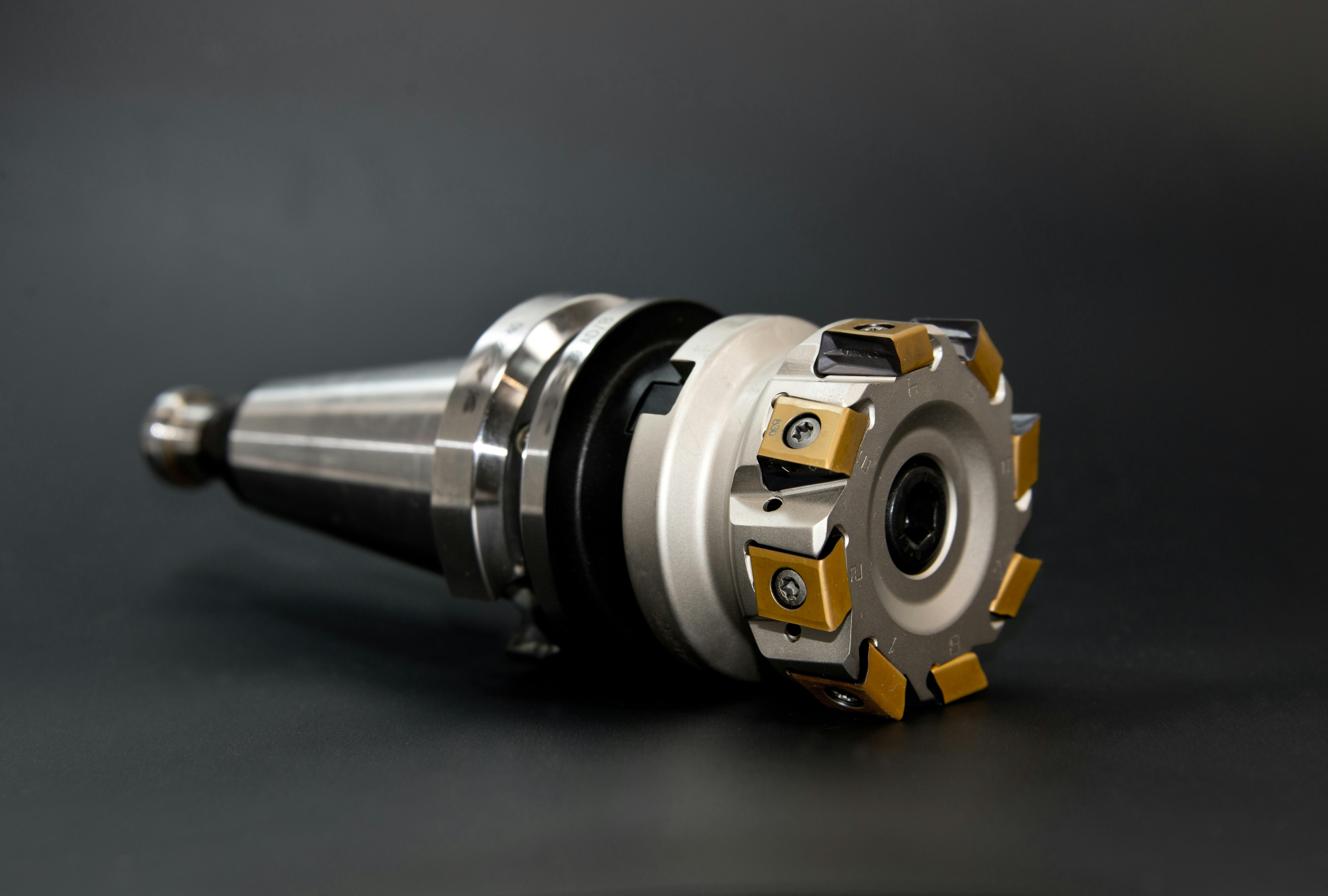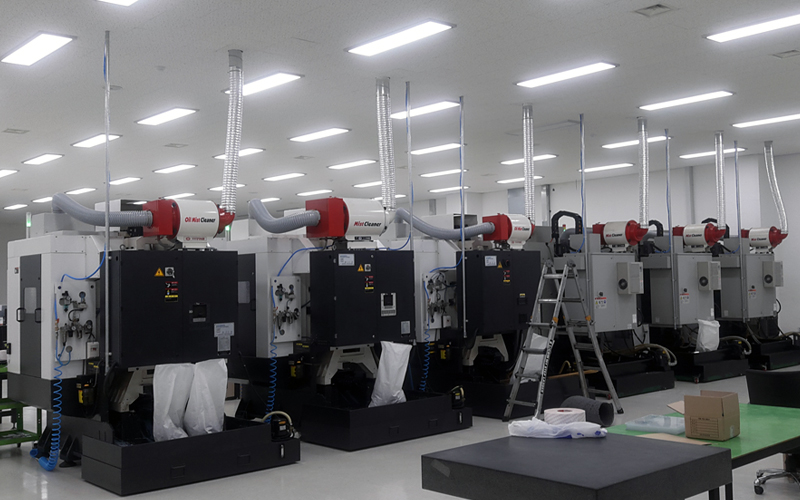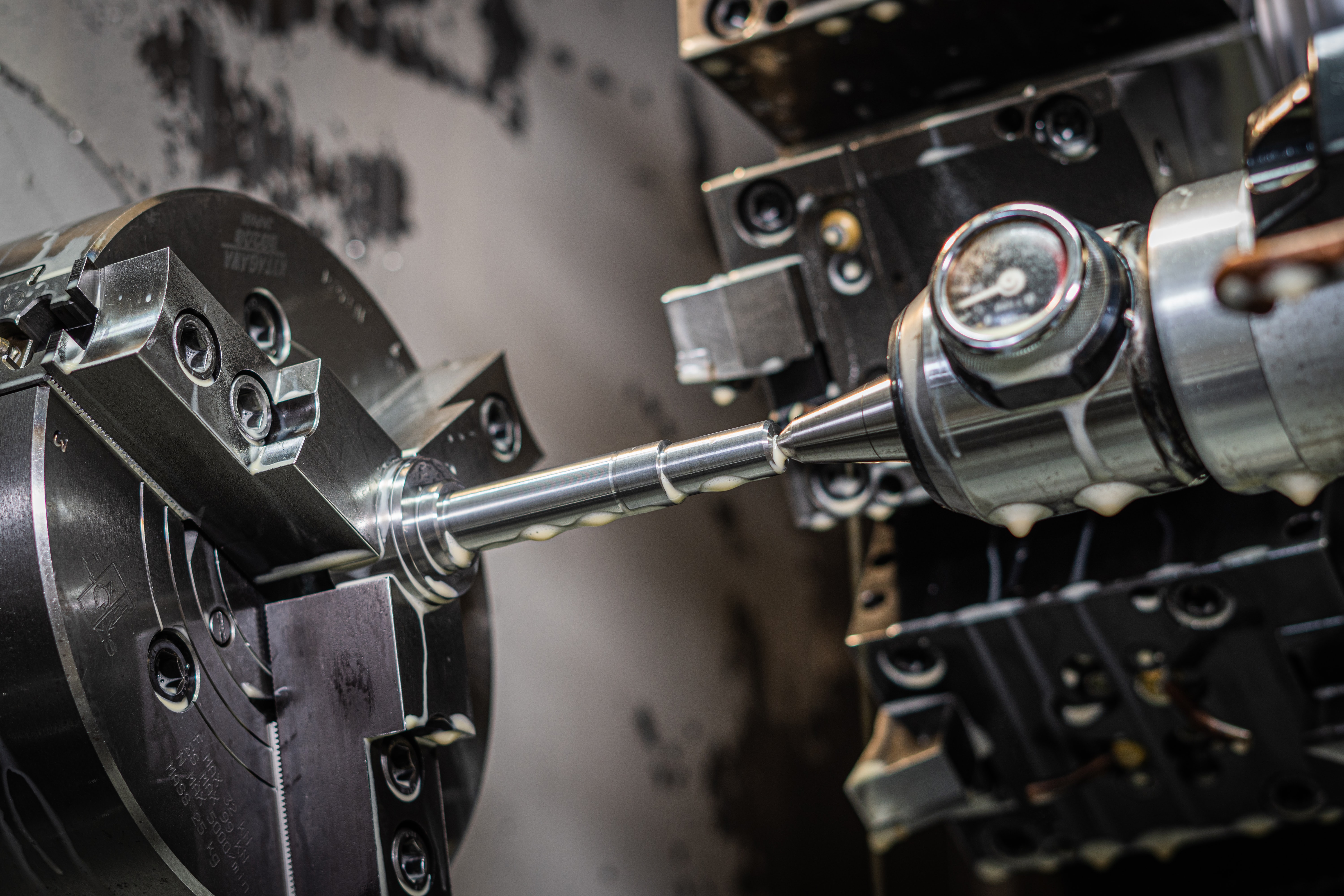 01Mar
01Mar
At its core, the operational function of any machine tool system relies heavily on proper lubrication. Whether you're an industrial mechanic responsible for keeping these machines running at peak efficiency or a business owner overseeing production in your factory, selecting the right lubrication pumps and regularly changing fluids are crucial tasks to keep systems functioning properly. If you don't take maintenance seriously, it can lead to decreased productivity as well as costly repairs down the road.
Lubrication systems are an essential part of keeping machine tool systems functioning properly. Without the right type and amount of lubricant, machine components can wear out more quickly, leading to costly repairs or replacement parts. That's why it's important for businesses that use CNC machines to understand the different types of pumps used in lubrication applications.
Below, explore why correct lubrication is so important in the machine tools industry and how to find the best lubrication pumps that will help maximize the performance of your operations.
The Importance of Machine Lubrication
The lubrication of machine tools is a key factor in maintaining their performance and efficiency. Machine tools, such as lathes, mills, drills, and grinders, are all interconnected parts that require lubrication to work effectively. Without lubrication, the components of the machines would not be able to move properly or function correctly.
Lubrication helps prevent wear and tear on the parts, which can cause them to malfunction or break down altogether. It also reduces friction between moving parts which allows for smoother operation of the machinery and greater efficiency and productivity. Additionally, lubricants can reduce heat buildup within the machines during operation, which further helps maintain optimal operating conditions for longer periods of time.
Types of Lubricants
There are two common lubricants used in machine tools, synthetic lubricants, and mineral-based lubricants. Synthetic lubricants are created from a blend of chemical additives and base fluids. They have many benefits over traditional lubricants, such as better wear protection, improved thermal stability, and lower volatility. Additionally, synthetic lubricants can provide superior lubrication at higher temperatures than mineral-based lubricants.
Mineral-based lubricants are derived from petroleum or animal fat sources and do not contain any chemical additives like their synthetic counterparts. They often come with anti-corrosion properties to help protect against rusting or corrosion of the parts they're lubricating. One downside to this type of lubricant is that it does not provide the same heat protection as synthetic lubricants, so it may break down faster in high-temperature environments.
About Lubrication Pumps
Lubrication pumps are used to deliver lubricants from a reservoir or supply tank to the various parts of the machinery that need lubrication. Depending on the type of lubricant being used, there is a wide range of lubrication pumps available such as positive displacement pumps, centrifugal pumps, and gear pumps.
- Positive displacement pumps use pressure chambers that fill up with lubricant during operation and then compress it out through an outlet valve. These are typically used when higher pressures are needed or if the lubricant viscosity is too thick for other types of lubrication pumps.
- Centrifugal lubrication pumps use an impeller to push lubricant through the system. These are often used in high-volume lubrication applications and can provide a steady flow of lubricant with minimal pressure required.
- Gear lubrication pumps move lubricant using two meshing gears that force lubricants through their chambers as they rotate around one another. Gear lubrication pumps are popular in industrial settings because they can generate high pressures while providing smooth and consistent operation.
Choosing Lubrication Pumps
Choosing lubrication pumps for your machine tools is a crucial step towards ensuring optimal performance and longevity of your machines. The type of lubricant you use will depend on the application, but some general points to consider when selecting lubrication pumps are size and flow rate requirements, power supply options, and load-bearing capacity.
Size
Size is an important factor when choosing lubrication pumps; many applications require very small volumes of lubricant, meaning smaller pumps with lower flow rates are best suited for these jobs. It's also important to consider the power supply options for lubrication pumps, as some applications may require a higher voltage and current than others.
Load Capacity
The load-bearing capacity of lubrication pumps is also important, as most lubricants can't handle too much pressure or torque before breaking down. It's best to select lubrication pumps designed to meet your specific application requirements to maximize efficiency and performance. Additionally, many lubrication pumps come with mechanical seals, which help keep out dirt and other contaminants and increase the life of the pump by preventing wear and tear on its components.
Safety and Maintenance Requirements
When selecting lubricant pumps, it's also essential to read all safety information manufacturers provide before installation. This will help to ensure proper lubrication and extend the life of your machine tools. Additionally, it's important to regularly inspect lubricant pumps for signs of wear or damage and perform regular maintenance on them as needed to keep them in optimal condition.
By taking the time to properly choose lubrication pumps for your machines, you can save yourself a lot of time and money in the long run. The right lubrication pump will maximize performance, reduce downtime due to repairs, and prevent costly breakdowns. With the wide variety of lubrication pumps available today, there is sure to be one that meets your specific needs and requirements.
Online Marketplace for Lubrication Pumps
IndustryNest is an online marketplace for lubrication pumps that provides customers with a wide variety of options from hard-to-find, high-quality Korean brands at affordable prices. Whether you're looking for lubricating oil pumps, lubricant transfer pumps, or lubricant dispensing systems, we have the right product to meet your needs.
Our team of machine parts specialists can help you find the best pump for your application and answer any questions or concerns you may have along the way - contact IndustryNest today or check out our selection to find the best machine lubrication solutions for your needs.







